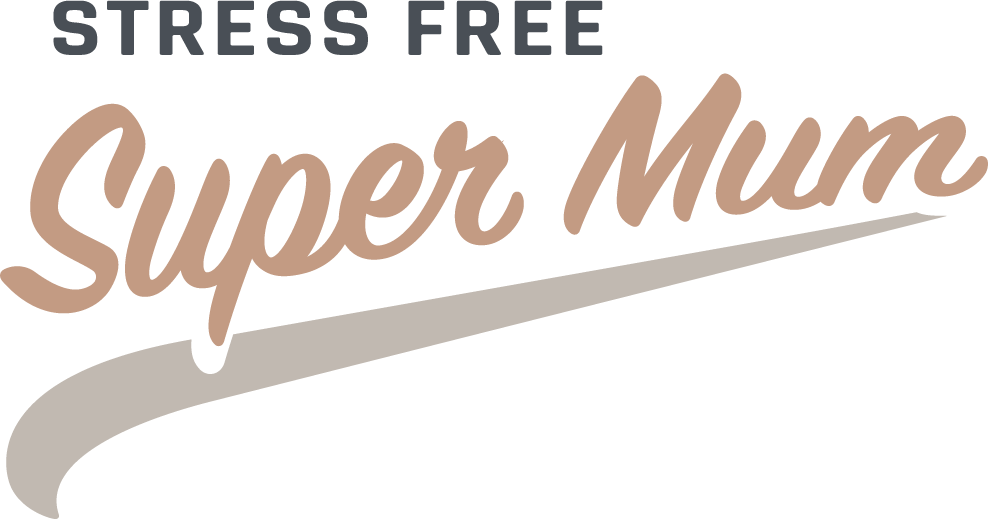Why I’ll be watching Nine’s Parental Guidance
Article published by Mums at the Table 2 November 2021
Next week, Australia’s Nine Network will premiere a new TV series called Parental Guidance. It follows the lives of 10 sets of parents and promises to put their particular style of parenting through a series of challenges. The styles are:
Strict
Free range
Disciplined
Nature
Helicopter
Attachment
Tiger
Home school
French
Routine
Parental Guidance will be co-hosted by Today‘s Ally Langdon, who has two young children, and Australian parenting expert Dr Justin Coulson. Together with the co-hosts, the parents (including a family who lives in a tent) will assess and weigh in on how each of them has performed particular parenting tasks.
No time to watch the show? We’ve got you covered. Psychologist Collett Smart shares what she believes is the most effective parenting style.
Promotions on the Nine Network talk about judging other parents as part of the reality show. This made me really uncomfortable, but with advice from Dr Justin, I believe the show will not be what it sounds—maybe just a little drama to get us intrigued.
Why I’m proud to be a helicopter parent
I’m particularly interested as one of the parenting styles to be judged is “helicopter”. Helicopter parenting has been linked to why children are not as resilient as they should be and even for raising anxious and narcissistic children.
The thing is, I have been called a helicopter parent on a number of occasions, to my face and behind my back.
The first time I recall was when waiting for my son at school pick-up. He was descending a number of brick-paved steps and tripped. With compromised balance and a backpack larger than him, he fell head over heels down the remaining steps. I think I swore—actually, I’m pretty sure I did—while vaulting over other children to get to him.
The second time was at a friend’s house. A number of families were there for a barbeque and the children were having fun on the trampoline. One of the other mothers who I had just met, asked why my son wasn’t on the trampoline with the other children, as he was sitting quietly playing with Lego. I replied that he would when the other children went to play with something else as he needed the trampoline to himself.
The third time was at a birthday party. It was a sixth birthday party for a close friend’s daughter and her whole grade had been invited, along with a few personal friends, us included. I was standing chatting to a number of the mothers and every so often, my son would grab my attention from across the room, holding up certain items of party food. We had a code: thumbs up, “fill your boots” eat as much as you want; thumb to the side, be careful, maybe one or two; and thumbs down, code red, don’t even think about it. The other mothers saw this subtle communication and one remarked that it was a party and just let him eat what he wants.
Having a child with additional needs, or what we call in our household “other stuff going on”, means you are constantly watching, monitoring, advocating, on-the-edge-of-your-seat parenting. You wait for the other shoe to drop and yes, fall into that helicopter parent persona.
But it’s interesting, especially for mothers of children with invisible “other stuff going on”, how you are perceived and judged by the wider population. Try coming out of a disabled toilet with an eight-year-old boy who, for all intents and purposes, looks and acts able-bodied, and see the looks you get.
When to ignore or accept parenting advice
If you are parenting a child with a diagnosis of any sort, you know that what works for another child with the same diagnosis may not work for yours. We won’t mention the number of times when other parents have advised us with, “My friend’s second cousin’s hairdresser has a child with XYZ and you should do what they did, which is ABC.”
You learn to smile, thank them for their advice and move on, learning, researching, maybe even starting a business to help other mothers like I did, but knowing that you know your child the best.
And yet, I have already set to record Parental Guidance because I know that as parents, we can always still use information, tips and techniques as it may work for us as well. The trick is knowing when to ignore or accept the parenting advice.
